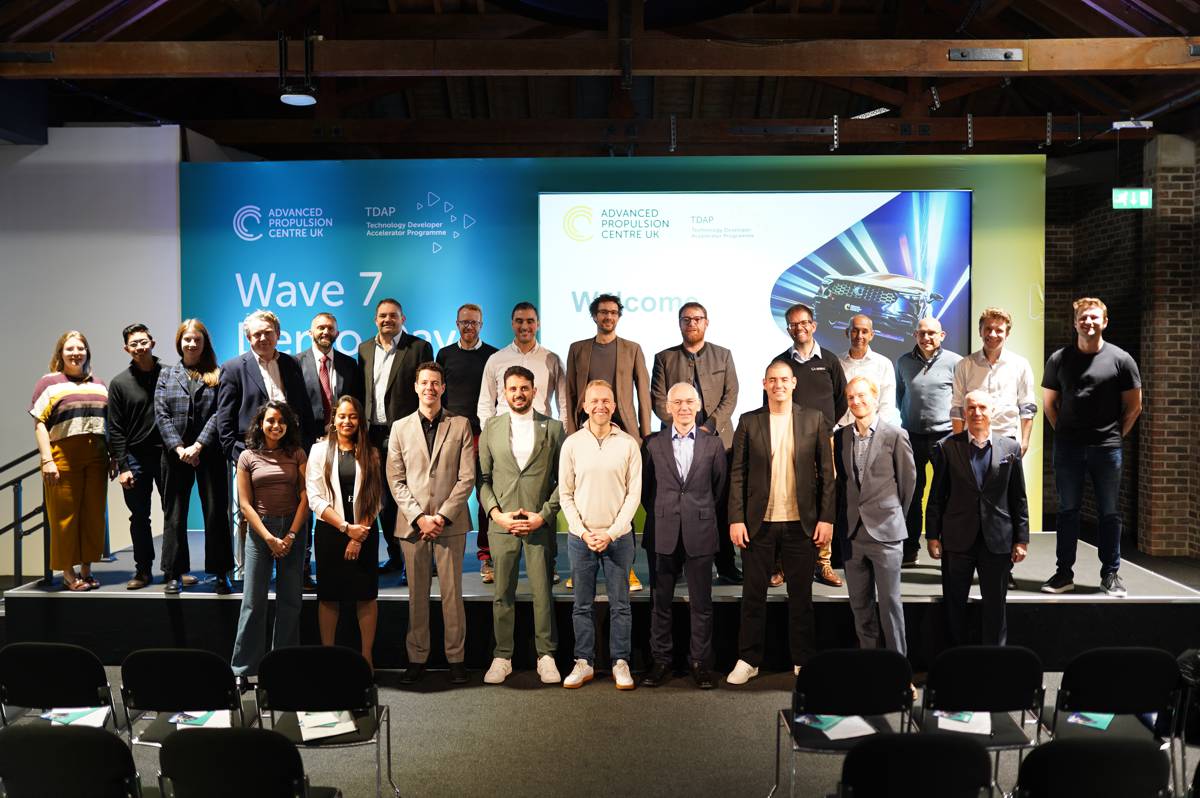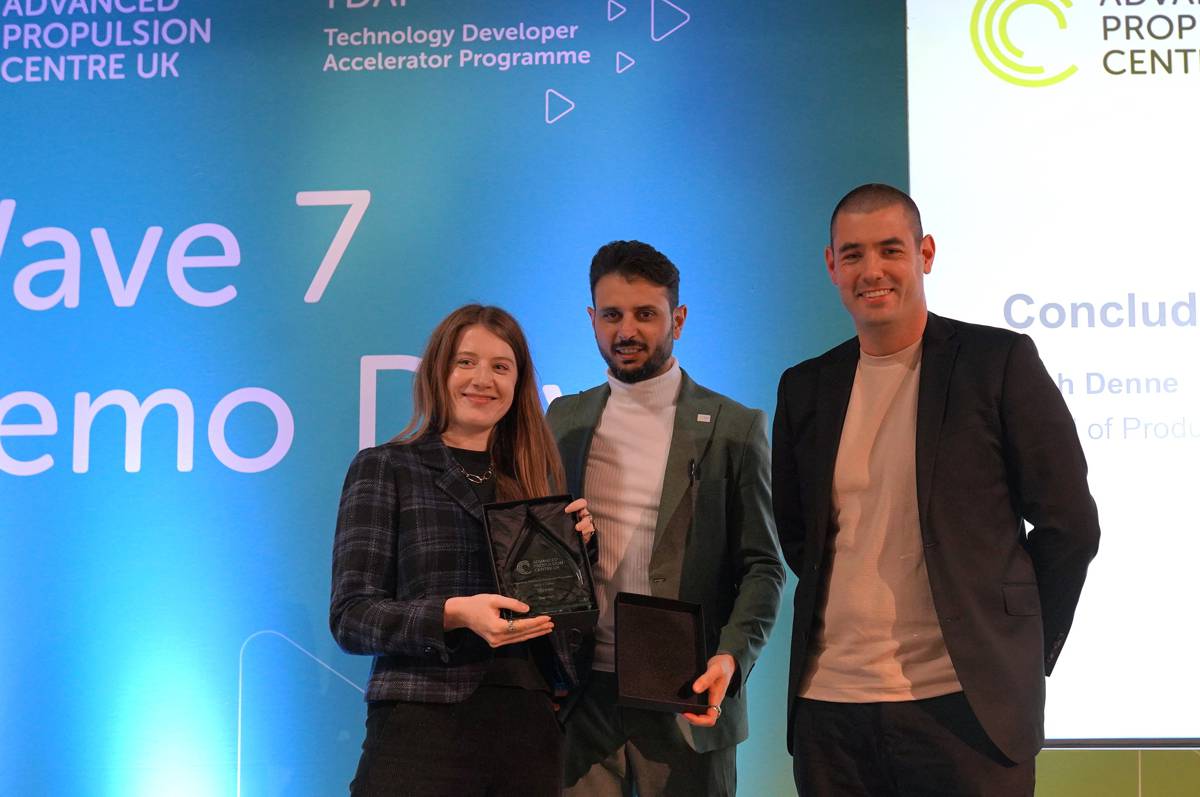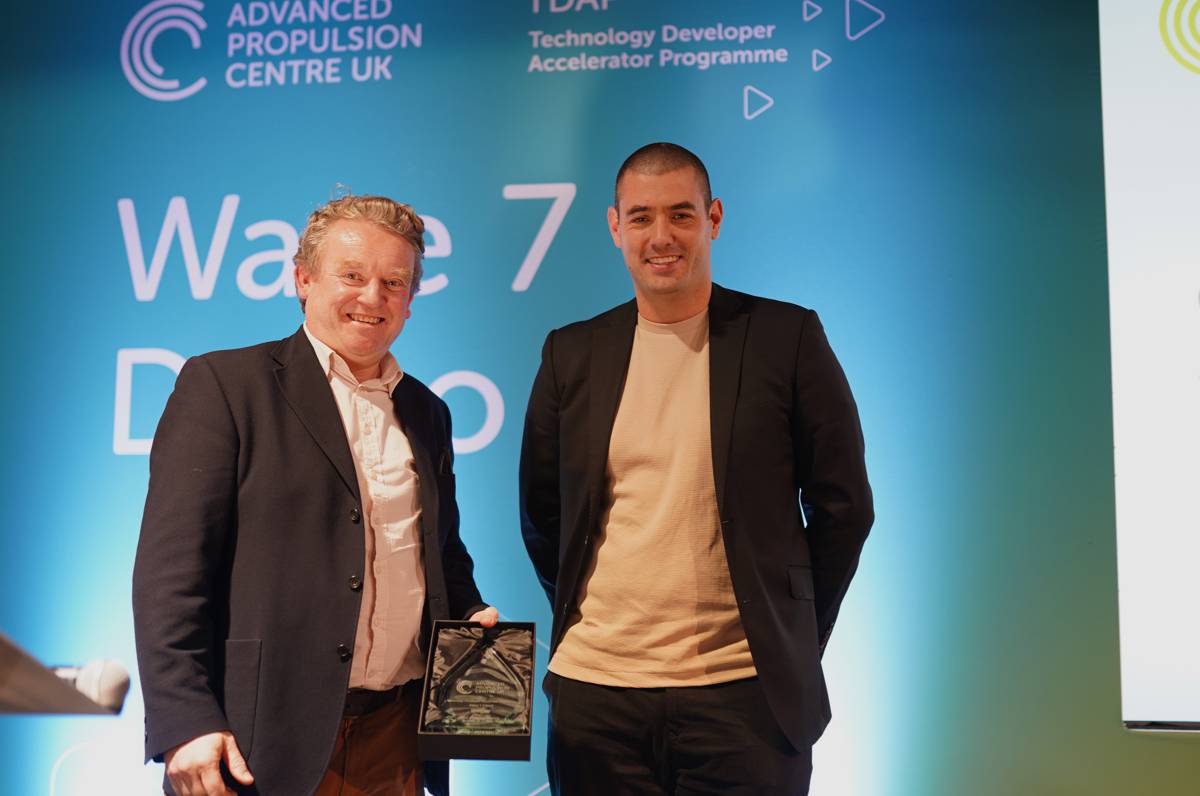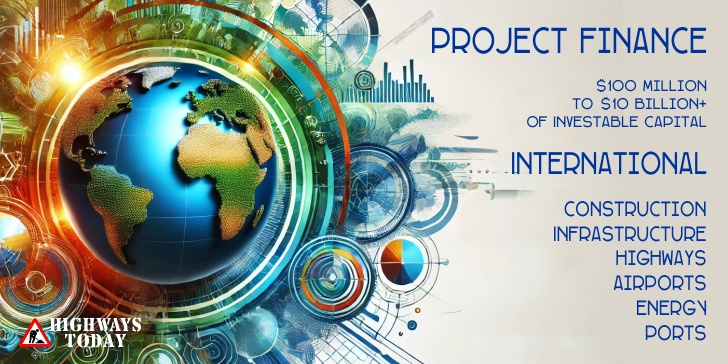Tech Accelerator Propelling UK Clean Mobility Startups Forward
The UK’s journey toward a sustainable, zero-emission future took another leap forward recently as 11 innovative clean-mobility start-ups showcased their cutting-edge technologies at the Technology Developer Accelerator Programme (TDAP) Demo Day.
Held on the 14th of November at Tobacco Dock in London, the event brought together investors, industry experts, and government officials eager to see what the latest wave of TDAP participants had to offer.
Selected from over 100 applications, these pioneering companies have been supported with grants of up to £170,000 each, alongside tailored business guidance to help fast-track their market entry. The showcase was a culmination of 18 months of hard work, allowing these entrepreneurs to present their solutions aimed at revolutionising sustainable transportation. Let’s dive into the key highlights from this inspiring event.
A Celebration of Innovation
The TDAP Demo Day was packed with energy, not just from the innovations on display, but from the enthusiasm of entrepreneurs ready to make their mark in clean mobility. Attendees were treated to a fascinating fireside chat titled “From TDAP to Triumph: iCOMAT and JLR’s Innovation Journey”, featuring Dr Evangelos Zympeloudis, CEO of iCOMAT, and Marcus Henry, Group Product Owner at JLR. This dialogue illuminated the critical role of collaboration between start-ups and established industry giants in driving forward sustainable mobility solutions.
In the spotlight were concepts ranging from cutting-edge dry coating processes for lithium-ion batteries to breakthrough battery-cell intelligence leveraging machine learning for enhanced performance. Attendees were visibly impressed by the range and depth of the ideas pitched, each aiming to address the pressing needs of the mobility sector.

Recognising Game-Changing Disruptors
Two standout companies received accolades for their outstanding contributions. Sarah Montgomery, CEO of Infosys, won the coveted ‘Best Pitch’ award, voted on by the audience. Meanwhile, Anaphite’s CEO, Joe Stevenson, was honoured with the ‘Most Promising Start-Up’ award. This recognition, decided by a panel comprising industry heavyweights like the Advanced Propulsion Centre (APC), JLR, and Green Angel Syndicate, highlights the promising future of these companies.
Josh Denne, Head of Product at The Advanced Propulsion Centre, emphasised the importance of events like these in catalysing the commercialisation of deep-tech products. As he put it: “Here, we have 11 ambitious companies that have worked for 18 months to develop their Proof-of-concepts, engage the market, and gain traction. Events like this are opportunities to get in front of the right stakeholders and leave our programme on a high.”
Empowering Start-ups to Thrive
Funded by the Department for Business and Trade and managed by APC, TDAP supports ambitious start-ups and SMEs in the automotive sector. Through a combination of grant funding and tailored mentoring, the programme helps companies refine their technologies and accelerate their journey from concept to market-ready solutions.
The programme doesn’t just focus on the technical aspects; it also addresses critical elements like commercial strategy, market engagement, and leadership development. The phased 18-month programme ensures that by the time these start-ups complete TDAP, they are well-positioned to scale and attract further investment. Since its inception in 2015, TDAP-supported companies have raised over £300 million in private investments.

The Innovators Leading the Charge
Let’s take a closer look at the 11 companies that participated in the seventh wave of TDAP and the ground-breaking solutions they’re bringing to the table:
- Anaphite
Leading the way in battery technology, Anaphite has developed the world’s first Dry Coating Precursor (DCP), offering high-performance, low-cost lithium-ion batteries. This innovation is set to disrupt the EV market by enabling sustainable transportation with dry-coated electrodes that rival wet-coated alternatives. - AutoNeura
This start-up is redefining vehicle propulsion testing with proprietary software that can test both electric and combustion engines. By leveraging off-the-shelf hardware, AutoNeura’s solution promises to cut costs and enhance efficiency. - Celltris
Specialising in bespoke Li-ion cell designs, Celltris is on a mission to optimise battery cell performance, meeting specific customer requirements that are currently underserved in the UK and Europe. - ECOClassics
Taking EV conversion to new heights, ECOClassics is expanding its reach beyond classic cars to niche vehicle makers, including motorcycles, with its integrated EV powertrain solutions. - Evotrack
Through advanced machine learning, Evotrack forecasts EV charging demands with precision, helping optimise charging infrastructure for urban areas to meet current and future needs. - Fuuse
As an operating system for EV chargers, Fuuse helps organisations streamline their charging operations, reduce energy consumption, and generate revenue through an intuitive platform. - Hypermotive
This company has developed H: STORE, a hydrogen management system that monitors and controls hydrogen storage systems, providing a safer and more efficient energy solution for industrial applications. - Infyos
Addressing sustainability head-on, Infyos supports companies in meeting regulatory deadlines and managing supply chain sustainability through its software solutions. - OxDrive
Specialising in electric off-highway vehicles, OxDrive’s e-hubs integrate essential driveline elements into compact units, reducing design costs and accelerating time-to-market for heavy-duty electric vehicles. - OxLID
The UK’s leader in lithium-sulphur battery technology, OxLID is paving the way for sustainable energy storage solutions that cater to sectors like aerospace, maritime, and EVs. - Sention Technologies
This start-up uses machine learning to optimise battery-cell performance, enhancing safety and quality for manufacturers looking to produce high-grade battery packs.

The APC’s Impact on the UK’s Green Transition
The Advanced Propulsion Centre (APC) has been instrumental in accelerating the UK’s shift towards zero-emission mobility. By connecting industry players, academia, and government, APC fosters collaboration that leads to real-world technological advancements. Since 2013, the APC has supported over 300 low-carbon projects, safeguarding thousands of jobs while driving down carbon emissions.
In 2020, the Automotive Transformation Fund (ATF) was established to support UK manufacturers in building a sustainable supply chain. By providing funding to strategically critical projects, the ATF aims to anchor the UK’s position in the global green economy.
A Bright Future Ahead
With the latest wave of TDAP companies showcasing their innovations, it’s clear that the UK’s automotive sector is in good hands. As the country pushes towards its net-zero targets, initiatives like TDAP and APC’s continued support are vital in ensuring these ambitious goals are met.
The journey from concept to market is never a straight line, but with the right support and determination, these start-ups are proving that the future of clean mobility is within reach. The 11 companies that participated in Wave 7 are testament to what’s possible when innovation meets opportunity.






























